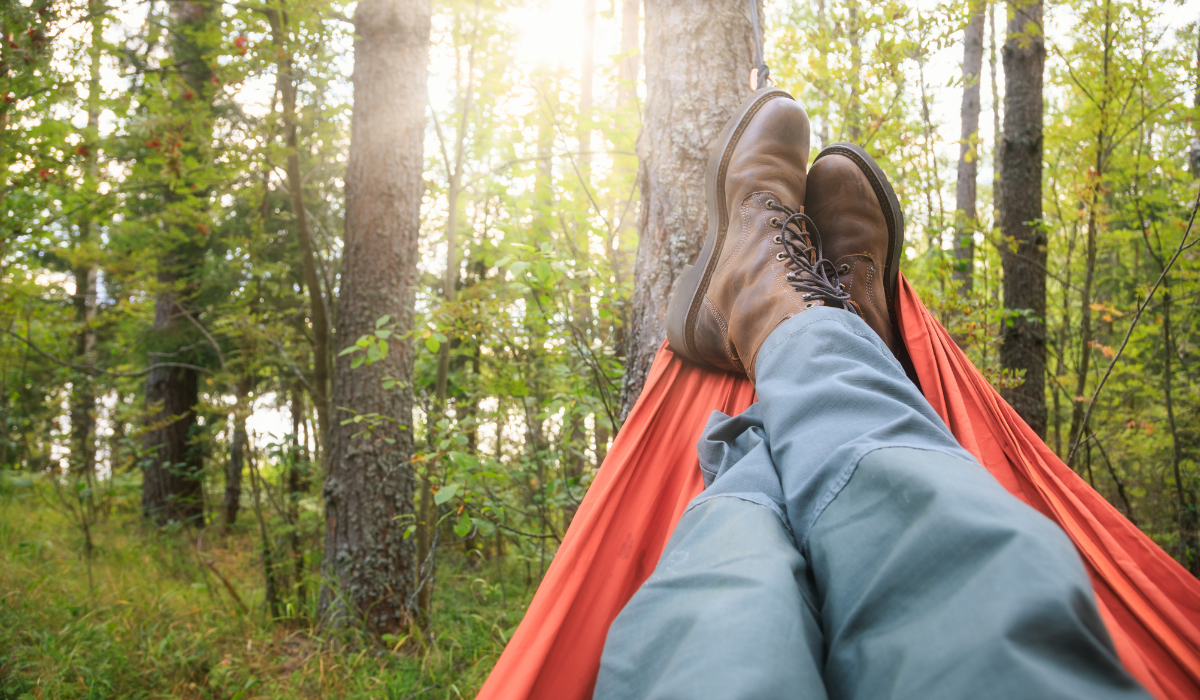Do You Sleep with a Boot On

When it comes to sleeping habits, some people have a preference for sleeping with socks on, while others opt to have their feet free from any coverings. However, there is one peculiar sleeping habit that might raise eyebrows – sleeping with a boot on. While some people claim that they do so for medical reasons, others simply do it for comfort or out of habit. But is this practice safe or even necessary? Let’s dive into the truth about sleeping with a boot on.
What are the reasons behind sleeping with a boot on?
- Medical Reasons
Some individuals sleep with a boot on due to medical reasons. For instance, people with foot injuries, such as fractures or sprains, may need to wear a boot for extended periods to stabilize their foot and promote healing. In such cases, doctors may recommend that patients sleep with their boot on to protect their foot from further injury while they rest.
- Comfort or Habit
On the other hand, some people might sleep with a boot on simply because it makes them feel more comfortable. For instance, individuals who have grown accustomed to the feeling of wearing a shoe or boot may find it difficult to sleep without them. Others may find that wearing a boot provides additional support to their feet or legs, reducing discomfort or pain while they sleep.
Is it safe to sleep with a boot on?
While sleeping with a boot on may be necessary in some medical situations, it is generally not advisable to do so without a valid reason. The primary concern is that wearing a boot while sleeping can increase the risk of developing skin irritations or injuries. The constant pressure and rubbing against the skin can cause blisters, calluses, or even bedsores. Moreover, sleeping with a boot on can restrict blood flow to the foot, leading to poor circulation and numbness. In severe cases, prolonged use of a boot can even cause muscle atrophy.
Alternatives to sleeping with a boot on
- Use supportive pillows or cushions
For individuals who require additional support while sleeping, it may be more comfortable and safer to use supportive pillows or cushions. These can be placed under the feet or legs to provide elevation and reduce pressure on the joints. Additionally, pillows or cushions can be used to provide support to injured or painful areas without the risk of skin irritation or injury.
- Wear loose-fitting socks
If wearing a boot for warmth or comfort is the primary reason, individuals can opt to wear loose-fitting socks instead. These can provide a layer of insulation without causing skin irritation or restricting blood flow. However, it is essential to avoid wearing tight socks or those with elastic bands that can leave marks or cause discomfort.
- Seek medical advice
Individuals who require a boot for medical reasons should follow the advice of their doctor regarding its use. They should also seek medical attention if they experience any discomfort or skin irritation while wearing a boot.
Tips for better sleep hygiene
Getting a good night’s sleep is essential for overall health and well-being. Sleep hygiene refers to the habits and practices that can help you get better quality sleep. Here are some tips for improving your sleep hygiene:
1. Stick to a consistent sleep schedule: Try to go to bed and wake up at the same time every day, even on weekends. This helps regulate your body’s natural sleep-wake cycle.
2. Create a sleep-conducive environment: Make sure your bedroom is dark, quiet, and cool. Invest in comfortable bedding and pillows, and remove any distractions like electronics or clutter.
3. Limit caffeine and alcohol intake: Avoid consuming caffeine or alcohol close to bedtime, as they can interfere with sleep quality.
4. Practice relaxation techniques: Try relaxation techniques such as deep breathing or meditation to help calm your mind and body before bed.
5. Exercise regularly: Regular exercise can help improve sleep quality, but avoid exercising too close to bedtime as it may energize you.
6. Avoid large meals and fluids before bedtime: Eating large meals or drinking too much fluid before bed can cause discomfort and frequent trips to the bathroom, disrupting sleep.
7. Manage stress: Stress can interfere with sleep quality, so find ways to manage stress throughout the day, such as exercise, journaling, or talking to a friend or therapist.
Conclusion
In conclusion, sleeping with a boot on may seem like a harmless practice for some, but it can pose various health risks. While there are valid medical reasons for wearing a boot to bed, it is generally not advisable to do so without proper guidance from a healthcare provider. Instead, individuals can explore alternative ways of getting the necessary support or comfort while sleeping, such as using pillows or wearing loose-fitting socks.
RECENT ARTICLES
